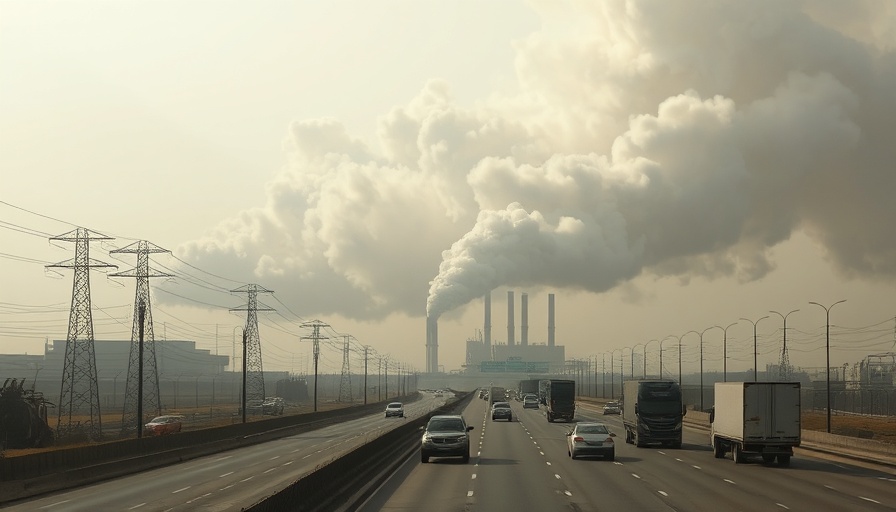
Understanding the Tariff Impact on Everyday Items
The decision by President Trump to raise tariffs on China has triggered immediate price increases, leading to significant concerns among consumers and businesses alike. Take for example, Steve Egan, a promotional product distributor based in Tampa, Florida. He learned that overnight, the cost of rubber ducks —which he ordered for charity events— surged from 29 cents to 45 cents a piece. This sudden hike means that many small businesses are now holding back orders, uncertain of how long this price surge will last.
Perception of Short-Term Pain vs. Long-Term Gains
Despite the immediate effects, many voters who support Trump maintain a belief in the overall benefits of this tariff policy. They see the tariffs as a necessary measure to protect American industries from foreign competition. In fact, a poll indicated that 45% of Trump voters recognize the potential long-term advantages of these tariffs, envisioning renegotiated trade agreements that could ultimately bolster the economy.
The Balancing Act of Economic Policies
The dual nature of pain and potential gain in the economic landscape recalls a classic balancing act in government economic policies. For many of these voters, the idea is that by imposing tariffs now, the administration is working towards a more favorable trade environment in the future. However, others question the efficacy of this approach, citing how tariffs may lead to increased costs for consumers and challenge the broader economy.
Personal Investments and Long-Term Recovery
More than just daily expenses, these policies have ripple effects in investments. Many supporters are closely monitoring their retirement accounts, including 401(k)s, to assess how these tariffs may influence the stock market. There’s a growing conversation around strategies like portfolio diversification, including investments in dividend stocks and index funds, to weather potential economic storms. As businesses adjust, there may also emerge new opportunities in sectors like real estate investing and sustainable investing, which have gained traction as consumers reflect on long-term fiscal strategies.
Real Stories: Business Owners Adjusting And Adapting
Egan's story isn’t unique. Many small businesses across the country are pivoting in response to these tariffs. Business owners are assessing the impacts on their supply chains and recalibrating their strategies. The conversation has expanded into forums discussing stock market analysis and risk management techniques regarding these uncertainties. It is evident that the evolving economic landscape calls for proactive planning and informed decision-making.
Future Predictions for Economic Policy and Tariffs
As we look toward future predictions for economic policy, experts suggest that tariffs may not be the only tool in the toolbox. Innovations in negotiation strategies, alongside the overarching aim to balance protectionism with open markets, will have significant implications for both consumers and investors. There’s an optimism that this approach could lead to a reemergence of American manufacturing and a more self-sufficient economy.
Connecting Consumer Sentiments to Investment Strategies
The nuanced relationship between consumer sentiment and investment strategies remains paramount. With inflation concerns percolating through consumer behaviors, investment platforms are adjusting their messaging to address fears around fluctuating costs. By emphasizing the importance of investment education, platforms are making an effort to guide individuals through this uncertain terrain, showcasing diverse options such as mutual funds, ETFs, and ethical investing. The key here is continuous learning and adaptation to shifting economic tides.
In this climate of uncertainty, taking informed steps in investing can lead not just to short-term solace but to long-term financial health. With careful asset allocation and sustainable investment strategies, individuals can build resilience in their portfolios against market fluctuations, ensuring they are not just weathering the storm but preparing for future growth.
 Add Row
Add Row  Add
Add 



Write A Comment